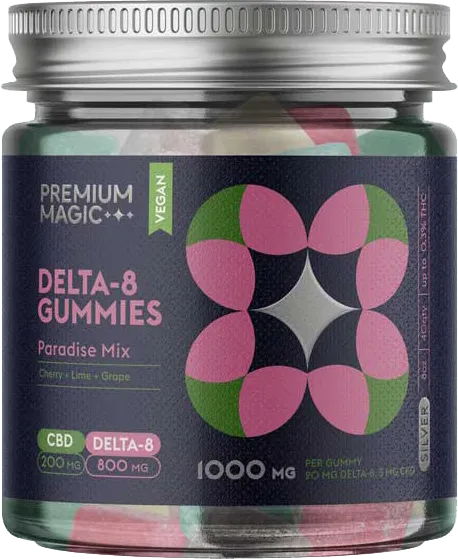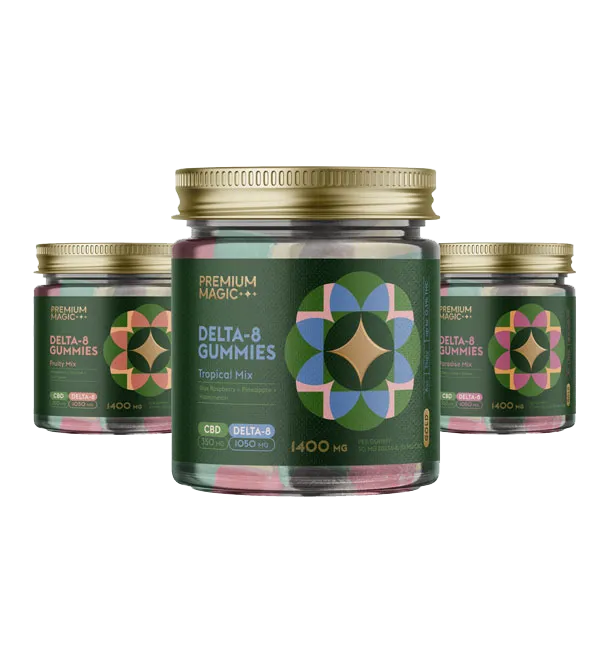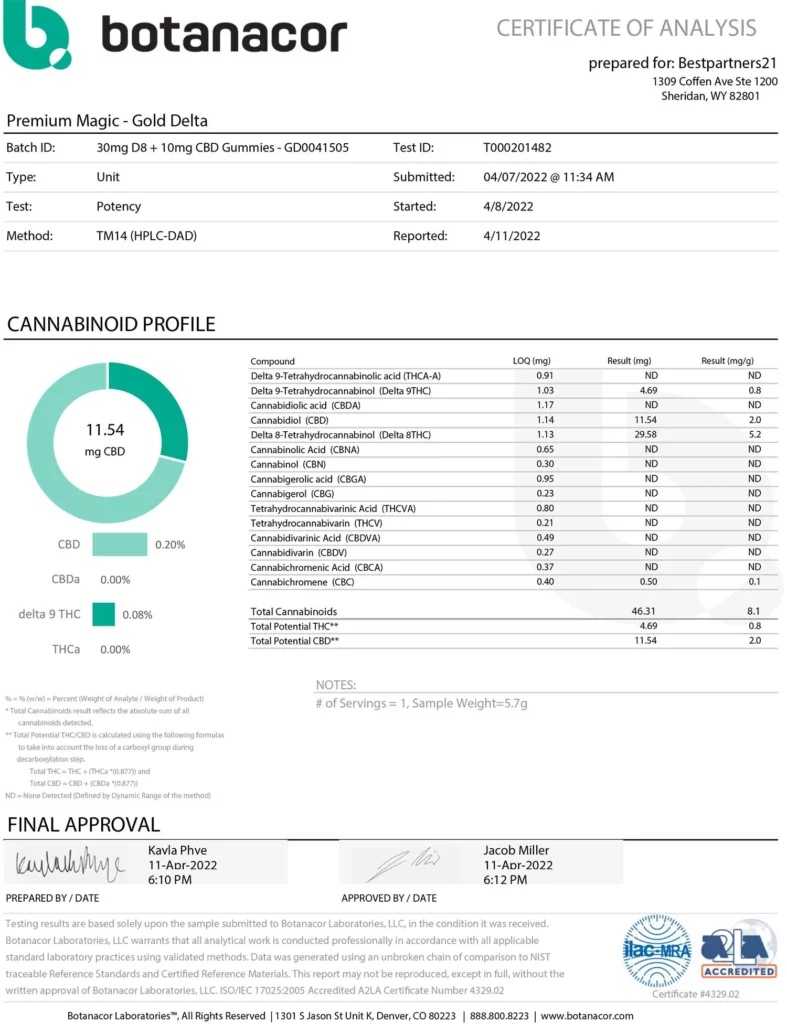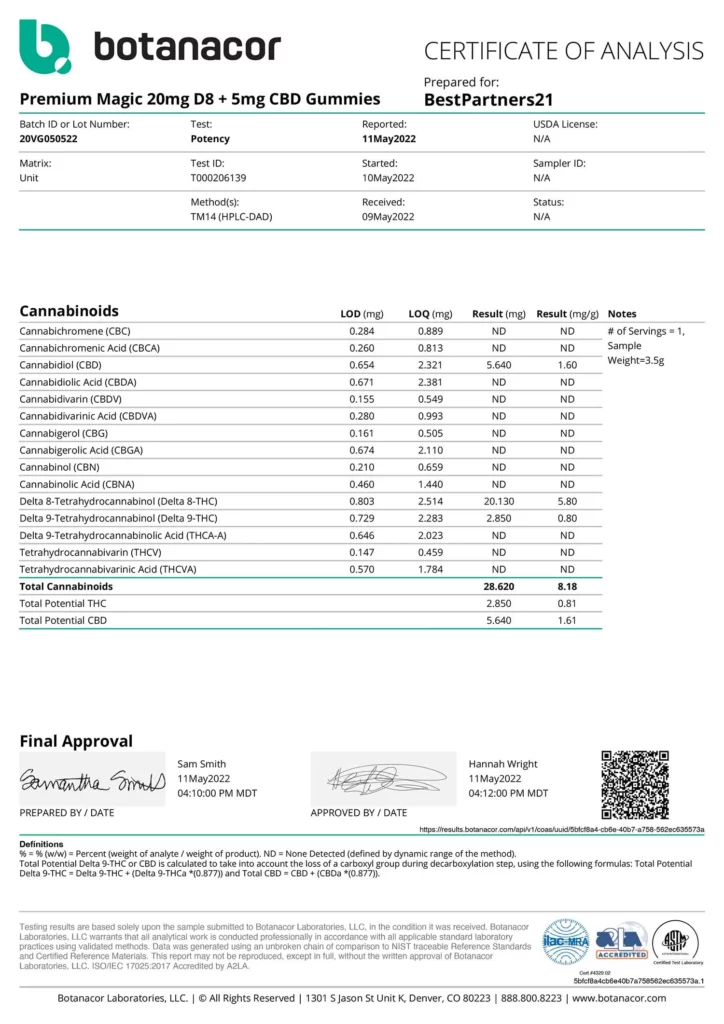
Building Resilience: Mind-Body Techniques for Stress Reduction

In the vast expanse of life’s tempestuous seas, every individual is a vessel charting its own course. But what separates those who capsize from those who sail with poise amidst the storms? The answer: Resilience.
Like a muscle, resilience can be cultivated, strengthened, and called upon when needed most. Imagine harnessing the power to not only withstand life’s adversities but to rise above them, turning challenges into stepping stones. This isn’t just about survival, but thriving.
Resilience is like a safety net for our minds. It helps us bounce back from tough times. But why is it so important? When we face stress, both our thoughts and our bodies feel the pinch. This article will show you ways to strengthen your resilience. By doing so, you can handle stress better and feel more at ease.
Let’s embark on this odyssey together and discover how, with the right tools and mindset, you can tap into an inexhaustible well of inner strength. And become the master of your own voyage.
What is Resilience?
Resilience is a simple word with a powerful meaning. It’s our ability to bounce back from tough situations. Imagine a rubber band being stretched and then returning to its original shape. That’s what resilience is for our minds. No matter how much life pulls and tugs at us, with resilience, we can return to our normal selves.
Why is Resilience Important?
Life throws many challenges at us. Sometimes, we might face work problems, and other times, it could be personal issues. These challenges can make us feel down or stressed. But if we have resilience, we can handle these problems better. Instead of breaking under pressure, we find ways to cope and move forward. It’s like having a shield that guards us against life’s hard moments.
Resilience and Stress Reduction: The Connection
Now, you might wonder, “How does resilience help in reducing stress?” Here’s the answer:
- Facing Problems Head-On: When we’re resilient, we don’t hide from our problems. We face them. And when we deal with issues directly, they don’t pile up. Fewer problems mean less stress.
- Positive Outlook: Resilient people tend to see the silver lining. Even in bad situations, they find something good. This positive view stops small issues from turning into big stresses.
- Better Coping Skills: Resilience gives us tools to handle stress. Whether it’s talking to a friend, taking a walk, or just taking deep breaths, resilient people have ways to calm down.
In short, resilience doesn’t just help us face challenges. It also plays a big role in keeping stress away. So, the stronger our resilience, the better we can keep stress at bay. And that’s why understanding and building resilience is so crucial for all of us.

Delta-8 Gummies – Gold Paradise Mix
Original price was: $82.99.$38.99Current price is: $38.99.
Or Subscribe and Save 30%

Silver Paradise Mix
Original price was: $68.99.$33.99Current price is: $33.99.
Or Subscribe and Save 30%
Mind Techniques for Building Resilience
Resilience isn’t just about how we act on the outside; it’s also about what goes on in our minds. By understanding and practicing some simple mind techniques, we can build stronger resilience. Let’s explore some of these methods.
Mindfulness and Meditation
Mindfulness is all about being in the present. Instead of thinking about the past or worrying about the future, it’s about focusing on right now. Meditation is a way to practice this. It’s like giving your mind a short break. You sit in a quiet place, close your eyes, and focus on your breathing or a simple word.
Benefits
Practicing mindfulness and meditation has many benefits:
- Calms the Mind: By focusing on the present, we give our minds a break from worries.
- Boosts Focus: Over time, we can concentrate better on tasks.
- Helps with Emotions: We become more aware of our feelings and can handle them better.
The Power of Our Inner Voice
We all have an inner voice. It’s like a little friend who talks to us all the time. Sometimes, this friend is kind and encouraging, but other times, it can be critical and negative. This inner voice plays a big role in our resilience.
How It Affects Resilience
- Boosts Confidence: When our inner voice is positive, we believe in ourselves more.
- Motivates: Positive self-talk pushes us to try again, even if we fail.
- Lowers Stress: By focusing on the good and not the bad, we feel less anxious.
So, it’s essential to train our inner voice to be more positive. Every time we catch ourselves thinking something negative, we can try to replace it with a positive thought.
Visualization
Visualization is like a movie in our heads. We create a picture or a scene of something we want or a goal we want to achieve. It’s not just daydreaming; it’s a focused thought on a positive outcome.
Using Mental Imagery to Reinforce Resilience
- Preparation: Find a quiet place and sit comfortably. Close your eyes and take a few deep breaths.
- Creating the Image: Think of a situation or a challenge. Now, instead of imagining it going wrong, picture it going perfectly. See yourself handling it with confidence.
- Feel the Emotions: Don’t just see the image; feel it. Feel the happiness, pride, and relief of handling the situation well.
- Practice: The more you practice visualization, the more natural it becomes. Over time, this positive imagery can help boost your resilience.
Visualization, like mindfulness and positive self-talk, is a tool. By using these tools regularly, we can build a stronger, more resilient mind. Life will always have its challenges, but with a resilient mind, we’re better prepared to face them.
Body Techniques for Enhancing Resilience
Just as our minds need tools and techniques to build resilience, our bodies do too. Physical well-being directly impacts our mental strength. Here, we’ll dive into some easy body techniques that can boost our resilience and help us face challenges with more ease.
Regular Exercise
Exercise isn’t just about getting strong muscles or staying fit. It’s also a powerful tool for our minds. When we move our bodies, we do more than just burn calories; we also boost our mental strength.
How Exercise Reduces Stress?
- Releases Feel-Good Chemicals: Physical activity makes our bodies release chemicals like endorphins. These are natural mood lifters.
- Break from Worries: When we exercise, we focus on the movement, giving our minds a break from daily worries.
- Boosts Confidence: As we see our fitness improve, we feel more confident in ourselves.
So, even a simple walk, a dance, or a few stretches daily can make a big difference in building resilience.
Deep Breathing Exercises
Breathing is so natural that we often forget about it. But the way we breathe can change how we feel. Fast, shallow breaths can make us feel anxious. On the other hand, deep and slow breaths can calm our minds.
How Deep Breathing Calms the Mind
- Brings Focus: Deep breathing makes us focus on the present moment.
- Oxygen Boost: More oxygen goes to our brain when we take deep breaths. This helps in clearer thinking.
- Relaxes the Body: Our muscles relax when we breathe deeply, reducing physical tension.
Next time you feel stressed, try this: Close your eyes, take a slow, deep breath in, hold for a few seconds, and then breathe out slowly. Repeat a few times and feel the difference.
Proper Nutrition
What we eat doesn’t just affect our bodies; it also impacts our minds. Some foods give us energy and keep our moods stable, while others can make us feel tired or irritable.
Foods That Support Resilience and Reduce Stress
- Whole Grains: Foods like brown rice, oatmeal, and whole grain bread give us steady energy.
- Leafy Greens: Spinach, kale, and other greens have vitamins that support brain health.
- Nuts and Seeds: Almonds, walnuts, and flaxseeds have good fats that are great for the brain.
- Fish: Especially fatty fish like salmon, are packed with omega-3s that help in reducing stress.
- Fruits: Blueberries, oranges, and strawberries have vitamins and antioxidants that support mind health.
- Avoid Too Much Caffeine and Sugar: They can give quick energy, but later we might feel a crash.
By adding more of these good foods to our diet and reducing the not-so-good ones, we can support our resilience from the inside out.
The Role of CBD in Stress Reduction
CBD is gaining attention for its potential benefits in managing stress and building resilience. While more research is needed, here’s how it might work:
- Stress Reduction: CBD interacts with our body’s endocannabinoid system, which plays a role in regulating stress responses. By influencing this system, CBD may help reduce the body’s stress reactions, making us feel more at ease during challenging times.
- Calming Effect: Many people report feeling a sense of calm and relaxation after taking CBD. This calming effect can be particularly helpful when dealing with stressful situations, as it can help us stay composed and focused.
- Improved Sleep: Quality sleep is crucial for resilience and stress management. CBD may assist in improving sleep patterns, ensuring we wake up refreshed and better equipped to handle life’s pressures.
- Anxiety Reduction: CBD has also shown promise in reducing anxiety symptoms, which can contribute to overall stress levels. By easing feelings of anxiety, CBD may help us face stressful situations with greater composure.
- Pain Management: Chronic pain can add to stress levels. Some people find relief from pain through CBD, allowing them to better cope with the physical and emotional toll of chronic pain.
Wrapping Up:
In the journey to build resilience, remember it’s like a superpower that helps us handle stress and bounce back from tough times. Start small, try mind and body techniques, and don’t give up. You’ve got what it takes to boost your resilience and live a happier, healthier life. Start today! Embrace each challenge as an opportunity for growth and watch your inner strength flourish.







